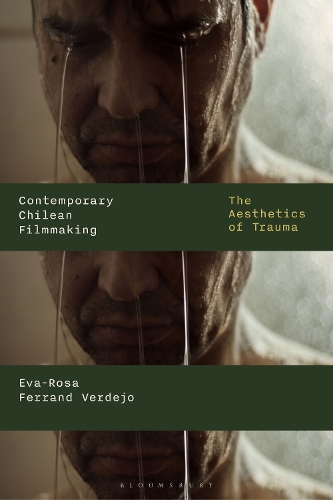
Contemporary Chilean Filmmaking: The Aesthetics of Trauma
(Hardback)
Publishing Details
Contemporary Chilean Filmmaking: The Aesthetics of Trauma
By (Author) Eva-Rosa Ferrand Verdejo
Bloomsbury Publishing PLC
Bloomsbury Academic
11th December 2025
United Kingdom
Classifications
Tertiary Education
Non Fiction
Political structures / systems: autocracy, totalitarianism and dictatorship
Physical Properties
Hardback
256
Width 156mm, Height 234mm
Description
This book explores how the generation of filmmakers born in the aftermath of the Chilean dictatorship (1973-1990) use cinema to navigate and narrate the complex legacies of their country's turbulent past.
Eva-Rosa Ferrand Verdejo examines the work of the Novsimo Cine Chileno, providing close readings of key films such as Fernando Guzzonis Carne de Perro (2013),Cristbal Len and Joaqun Cocias La Casa Lobo (2018), Manuela Martellis 1976 (2022), and Pablo Larrans El Conde (2023). She identifies a recurring trope of blurred boundaries within these films whether between right and wrong, past and present, fiction and reality, or a blending of genre conventions, which disorients the viewer and resists any singular understanding of the film. She argues that this disorientation pushes the audience into a more active and critical mode of spectatorship.
Drawing on psychoanalytical theory and political philosophy, she goes on to explore how the aesthetic choices within these films are reflective of an uneasy relationship to Chile's traumatic past. Labelling these the 'aesthetics of trauma', she argues that they challenge official histories and raise broader questions about memory, trauma, and ethical representation in post-dictatorial societies.
Author Bio
Eva-Rosa Ferrand Verdejo is a research assistant at CY Cergy Paris Universit, France. She completed her PhD in Film and TV Studies (University of Warwick) and in Hispanic Studies (CY Cergy Paris Universit) in 2022.
